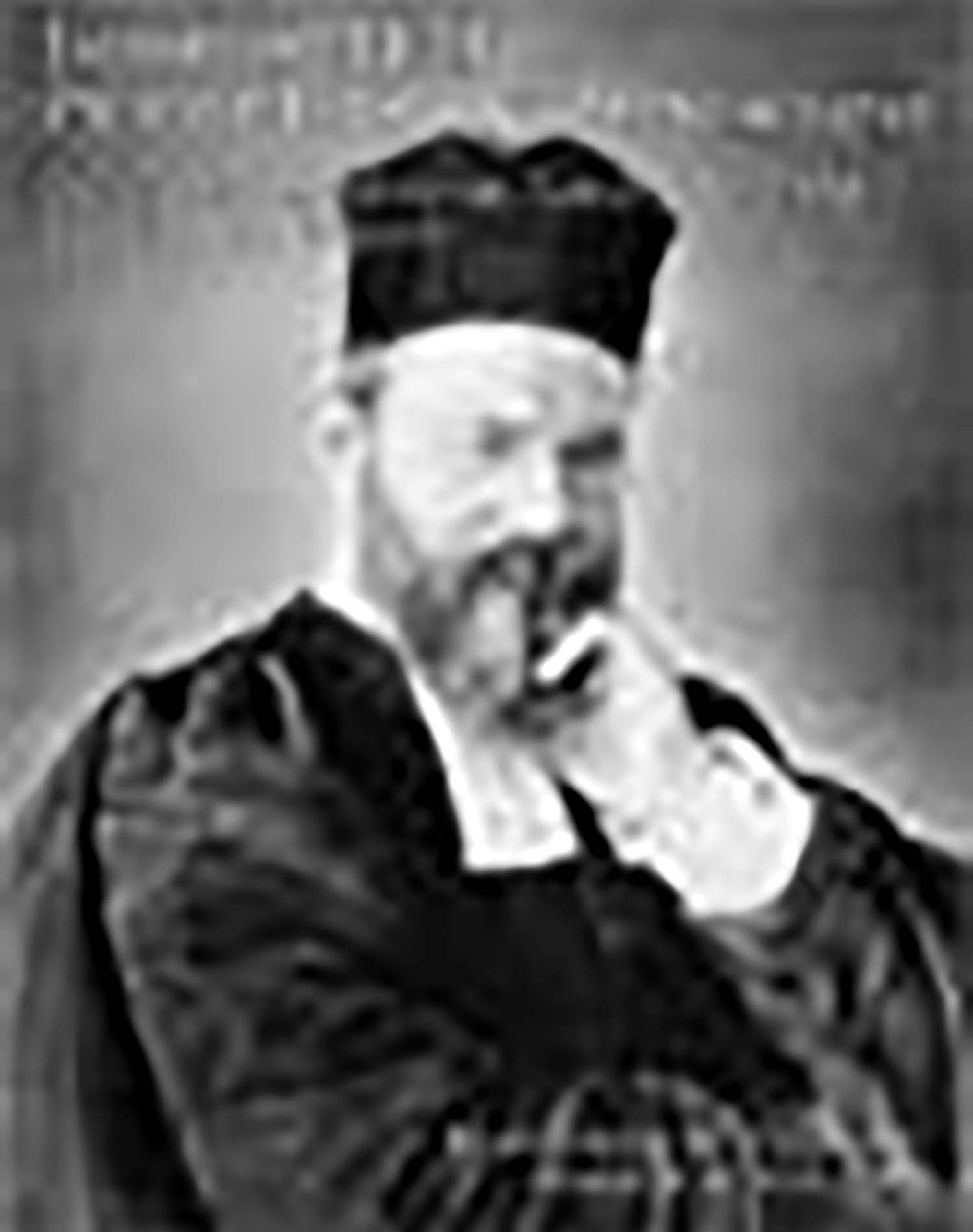Scroll of the Pentateuch.

AUCTION 16 |
Tuesday, June 25th,
2002 at 1:00
Important Hebrew Printed Books and Manuscripts From the Library of the London Beth Din
Lot 260
(SAMARITAN BIBLE).
Scroll of the Pentateuch.
Nablus: Early 20th century
Est: $6,000 - $8,000
While the Jews accept twenty-four Biblical books as canonical, the Samaritans accept only the first Five Books of Moses. The Samaritan Bible first reached Western Bible scholars in 1616. At first many thought the text, with more than six thousand differences, was an older version of the authoritative Masoretic text. It was first published in the Paris Polyglot Bible of 1629-45. However, the monumental, critical examination by the Roman Orientalist and Bible Scholar F.H.W. Gesenius in 1815, showed that the Masoretic text was both older and superior. The pre-eminent Talmudic and Bible scholar of the 20th century, Rabbi Dr. Chaim Heller further buttressed this opinion in his critical edition published in 1923 (The Samaritan Pentateuch, an adaptation of the Massoretic Text).
One of the major differences between the two texts is the Samaritan “change" of the Ten Commandments, combining the ninth and tenth injunctions as one, and adding as the Tenth Commandment, the obligation to construct an altar on Mount Gerizim.
“The Smaritans use the so-called 'paleo-Hebrew' script, one of the earliest versions of the Hebrew alphabet. Paleo-Hebrew was the only way Hebrew was written, by both Samaritans and Jews, until the Babylonian exile in the sixth century BCE, when the Jews began gradually to adopt Aramaic as a spoken language and along with it, adapted its script to Hebrew. By the end of the Bar Kokhba revolt in 135 CE, the Jews had abandoned the paleo-Hebrew script entirely, but the Samaritans continued to use it for the writing of Hebrew, Aramaic, and eventually even Arabic.”
With thanks to Benyamim Tsedaka, co-Editor of Aleph-Bet: The Samaritan News (bi-weekly), Holon, for his assistance in researching this Scroll and identifying the scribe.
See also JTS Catalogue, Scripture and Schism-Samaritan and Karaite Treasures from the Library of the Jewish Theological Seminary (2001)
